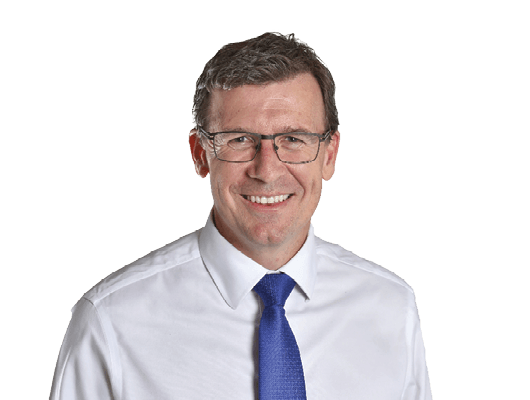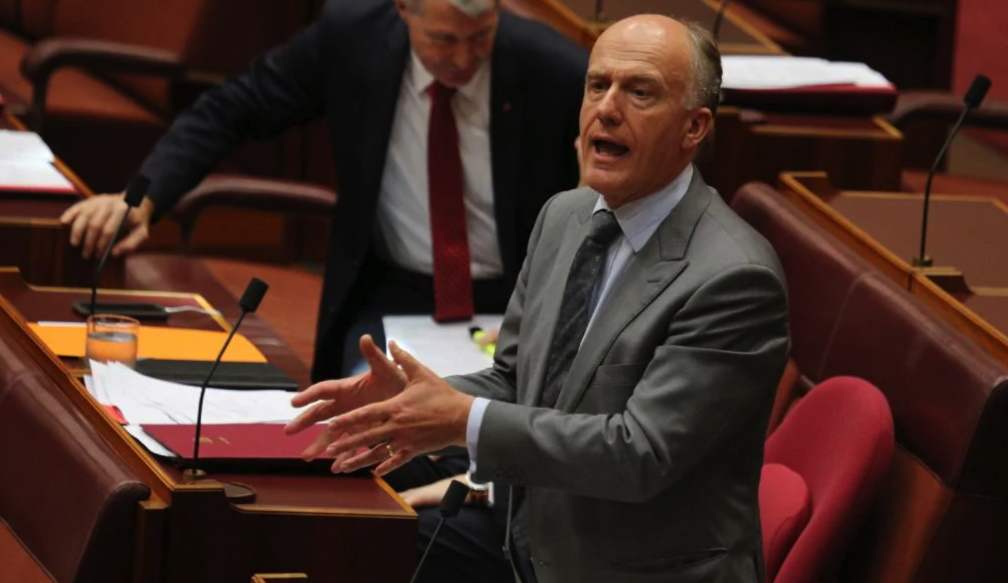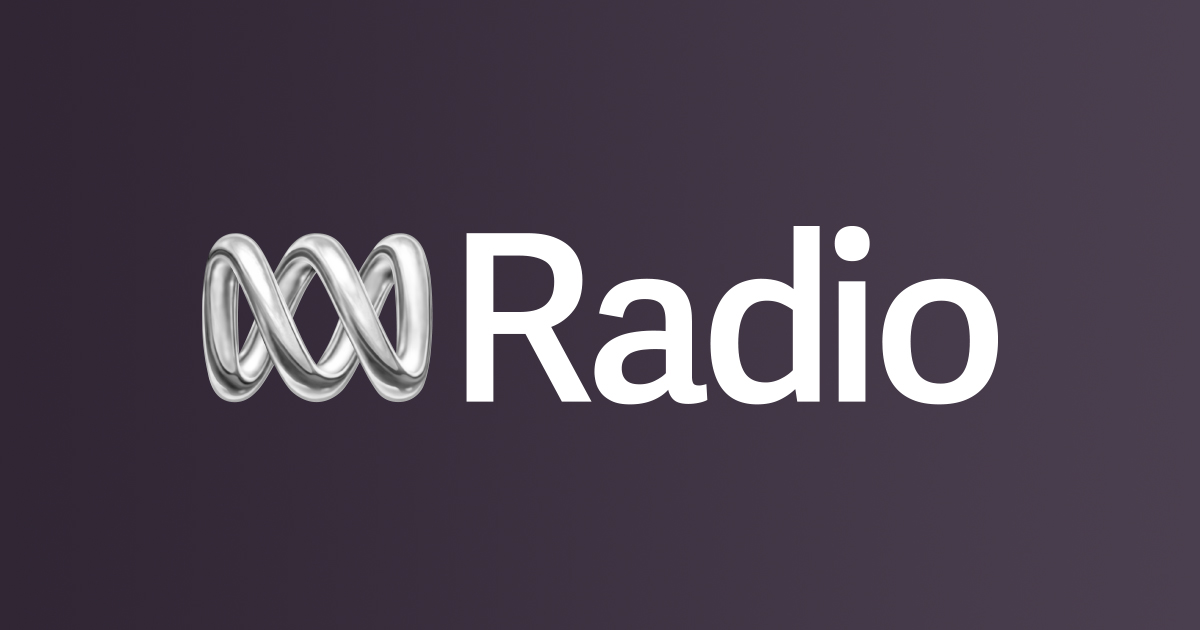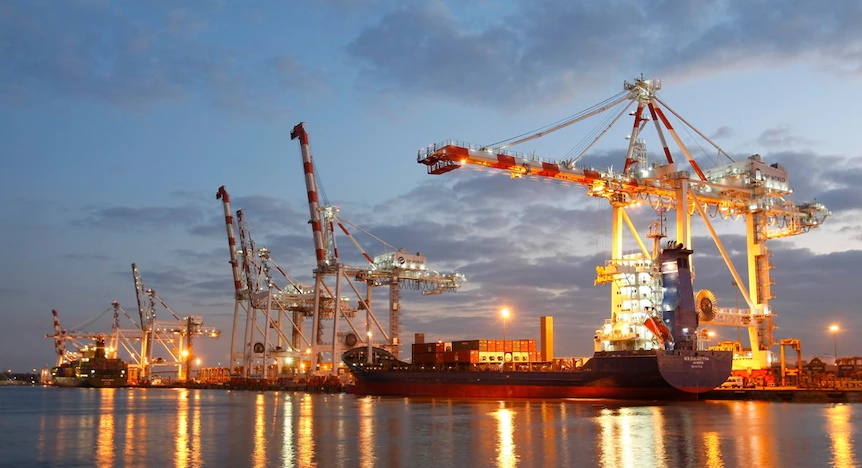CERTIFICATION REMAINS PART OF THE SOLUTION FOR SUSTAINABLE AQUACULTURE
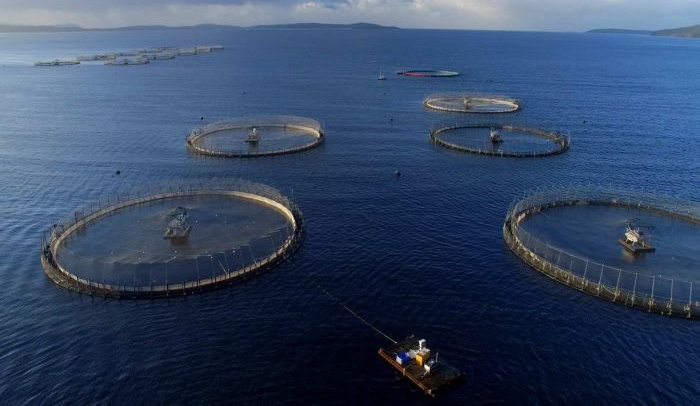
Recent reports have called into question the role that standards like the Aquaculture Stewardship Council (ASC) play in fish farming, but ASC Australia’s representative Duncan Leadbitter, says certification plays a vital role in minimising the environmental impact of fish farms.
“Without standards, there is no incentive for industry improvement and for farms to go beyond the basic government regulatory requirements. Certification is an assurance mechanism for all in the supply chain, including consumers, that practices are meeting a sustainable standard. Of course, standards are not static, they are constantly improving as new information becomes available and community expectations evolve,” said Leadbitter.
“As a not-for-profit who has been tackling the issues of responsible aquaculture for over a decade, we know there are some very complex challenges that come with producing sustainable food.
“What the ASC does is manage well researched, high performing standards for ASC certified farms to follow so that their farming practises are carried out in a manner that respects both the environment and local communities.
“Our standards come from globally researched studies and are continually updated as new data presents itself. We have been working for years with scientists, NGOs, farmers, and the public, to develop and improve our standards for responsible aquaculture.
“Aquaculture is an important part of the global food supply chain, that’s not going to change, so there needs to be greater collaboration from all sectors to improve the environmental impact of fish farming.
"Attacks on certification don’t make the underlying issues go away. Without the market driven benefits that certification provides, there’s little incentive for farms to follow sustainable practices.
“We have long called for greater collaboration in the aquaculture sector and have tried to lead by example in this regard, involving NGOs, scientists, industry experts and the public in both the development of our standards and farm audits themselves,” says Leadbitter
The WWF has recently released findings from a report it commissioned after several environmental issues were attributed to salmon farming in Tasmania’s Macquarie Harbour in the period leading up to 2018. The report, which was completed in 2019 and released by WWF just last week, called into question the viability of aquaculture farms in the area.
“Macquarie Harbour is a unique environment with a combination of challenges not seen in other salmon farming locations. But it can also be an example of why it’s so important for all responsible stakeholders, including farms, government and NGOs, to work together to ensure lessons learnt can be incorporated into future best practices,” says Leadbitter.
There are currently 11 farm sites operating in Macquarie Harbour, and none of these are ASC certified. Five sites had previously achieved ASC certification, however, these certificates were withdrawn from ASC certified sites in August and December 2018 after the companies were unable to take sufficient action in time to meet the ASC standards related to benthic impacts and dissolved oxygen levels.
“The strength of the ASC program is that, far from making general or blanket statements, it is an evidence-based science program with targeted and detailed audits of individual farms. If a farm is ASC certified, it has passed a third party independent multi-day on-site audit, and must undergo similar audits on an annual basis to retain that certification.
“Our auditing process is rigorous and independent. The audit reports are published online and available for public consultation, this is an opportunity for local communities and the public to have a say prior to any decisions being made.”
“The ASC receives no money for the process and it is not possible to ‘buy’ certification because we utilise an independent accreditation of auditors and require for all audit reports to be published and scrutinised by stakeholders,” says Leadbitter.
“We, along with a huge number of scientists, conclude that farmed seafood is a hugely important food source that can be run ethically with a low carbon and low environmental footprint. We also understand that well-managed aquaculture is in one of the best positions to continue to feed the world’s growing population.
“Everything we do has an impact, so what we have to do is find and minimise those impacts. Every person should be aware of the issues posed by unsustainable farming, so that they can make an informed choice about what they eat. Buying certified products is a choice that supports sustainable practices”




